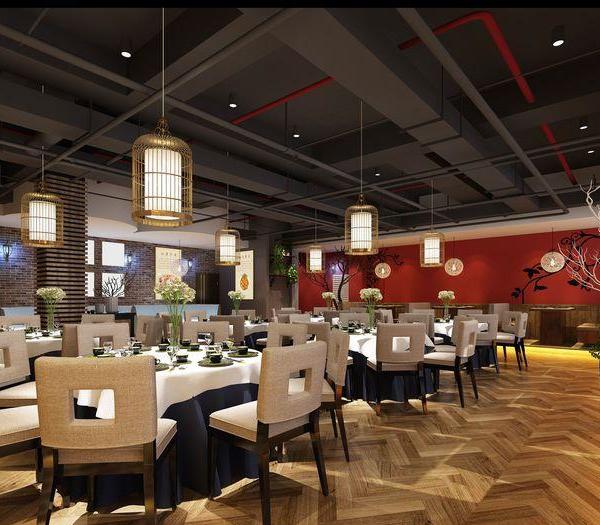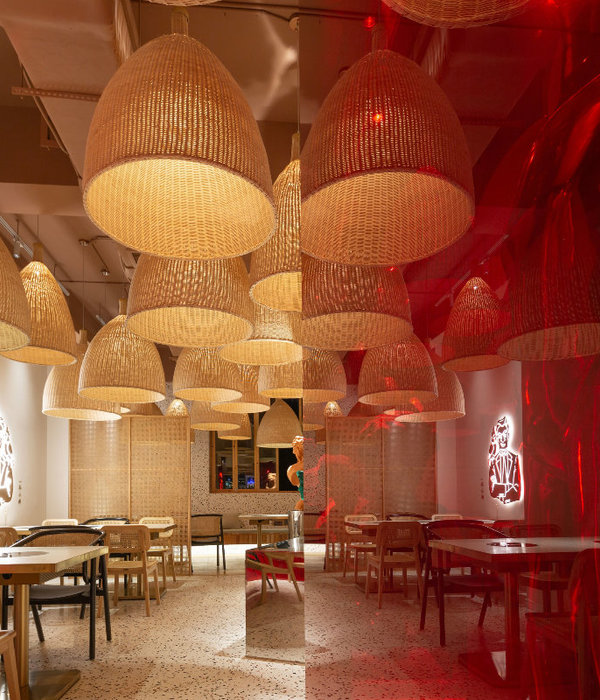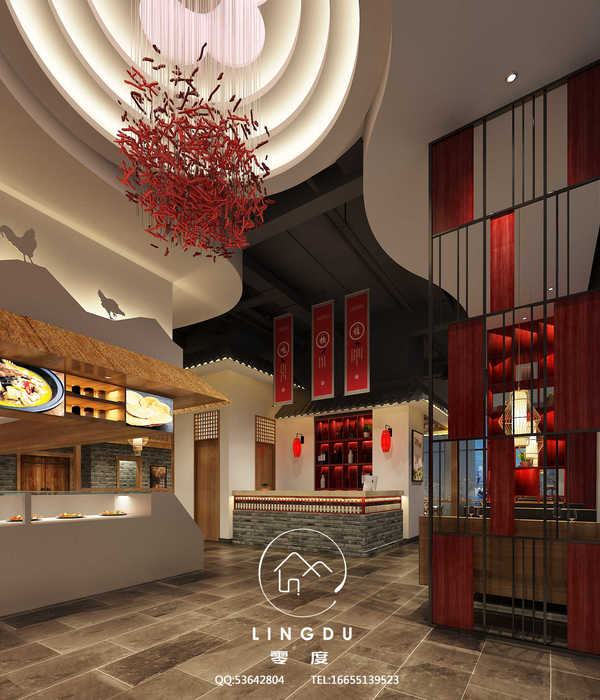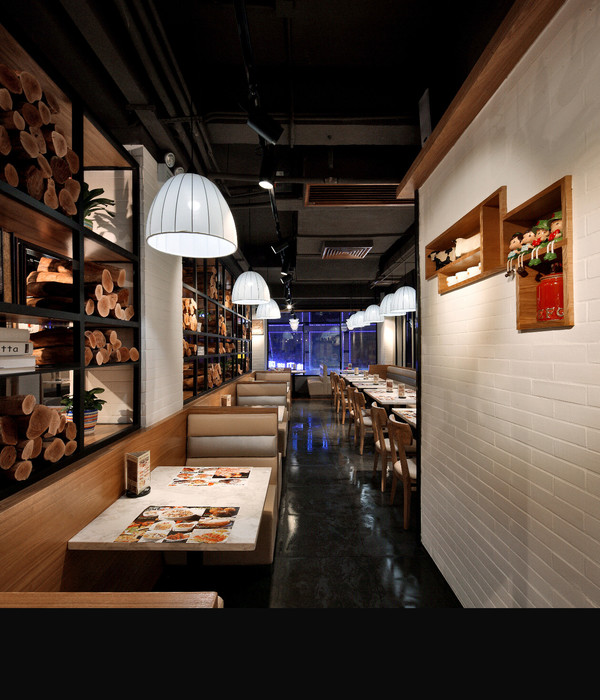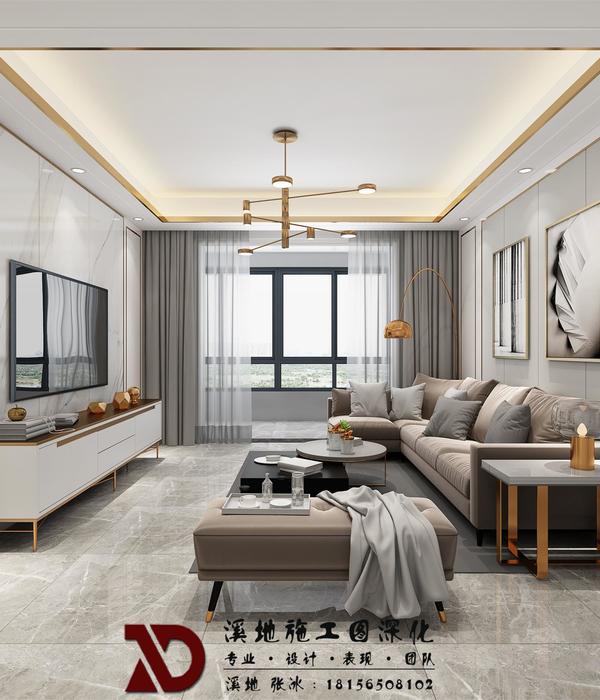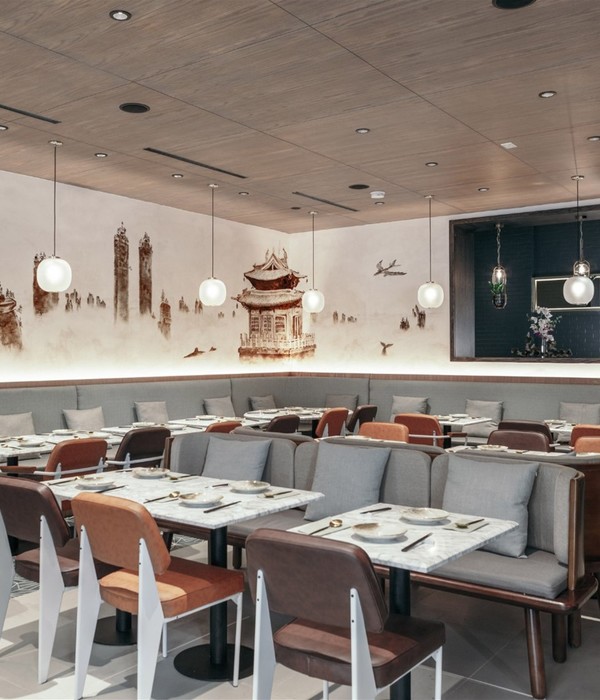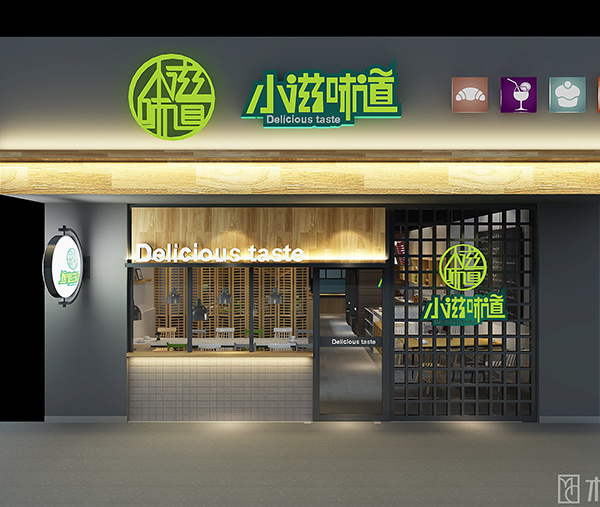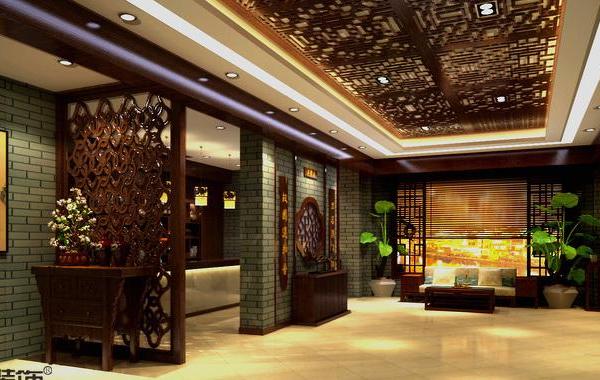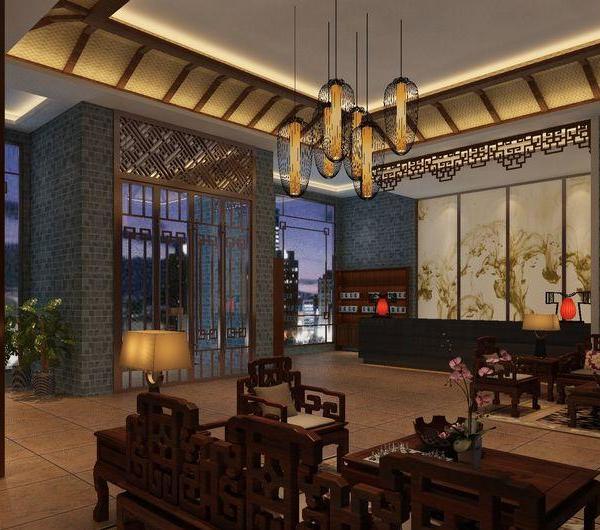TRAMO is Proyectos Conscientes' second initiative in
after Mo de Movimiento, to further explore the company's foundational purpose: redefining the concept of urban recreation and promoting responsible consumption. TRAMO is a project led by the architecture studio Selgascano and designer Andreu Carulla. Walking alongside them is a professional team consisting of bioengineer Ismael Caballero, an expert in comprehensive sustainability and circularity, Cristina Freire (TheNext Sustainability), and Zimenta Obras y Proyectos.
Conceived by the architecture studio Selgascano TRAMO was designed with respect for the original space, limiting modifications and the introduction of new elements as much as possible to keep them from predominating over the old structure. The space is laid out on different levels, which creates different ambiances and points of view, with the kitchen acting as the visual center and also generating the space. The ceiling's structure consists of slender concrete trusses and steel cables that were recovered and showcased. This typical architecture of 1950s
has practically disappeared today.
Environmentally toxic elements were ruled out, like polyurethane foam, rock wool, acrylic paints and varnishes, silicone putties, etc. TRAMO avoided also the linear construction model of using and throwing away elements. To this end, they created closed circuits during the construction process. All the wood in the venue is recycled and used for chair backs, doors, or the fronts of bathrooms.
Andreu Carulla is responsible for TRAMO'S staging and furniture, based on modularity as the constant construction throughline in all elements. Carulla has created a system with over one thousand ceramic modules that are craftsman-made. They form part of a natural heating and cooling system based on Provençal wells, integrated into the space through a series of continuous benches. These extrusion-molded ceramic modules, produced by Ceràmiques Est, in La Bisbal (Girona), have a double role: they thermally channel air from outside, and also act as a seat for the diner. In addition to the ceramic conduits, modularity was applied to the rest of the furniture in TRAMO (chairs, tables, and lamps), with a system of extruded aluminum parts that can be assembled inside the premises, like a construction set.
TRAMO is an almost 100% energetically self-sufficient restaurant. It is also a PPA space (Power Purchase Agreement), meaning that it generates green energy. TRAMO uses a misting system to naturally manage the temperature and humidity in the restaurant. In addition to watering the plants in the venue, this misted water moistens the space, as well. The space also has different systems to reuse rainwater, sink water, and moisture from the earth.
Acoustic comfort is provided at TRAMO by Geopannel, panels made of recycled and pressed wool under the ceiling. All leftover material after putting it on the ceiling was used to cushion the continuous benches. Reclaimed textiles were also used for the lamps designed by Andreu Carulla which are made with sections of threaded rod reclaimed from construction on the venue, which are normally used in false ceilings. The paper disk was made with recycled cotton and by hand by Sastres Paperers, a craftsman paper workshop in Molino de la Farga (Banyoles, Girona).
{{item.text_origin}}


